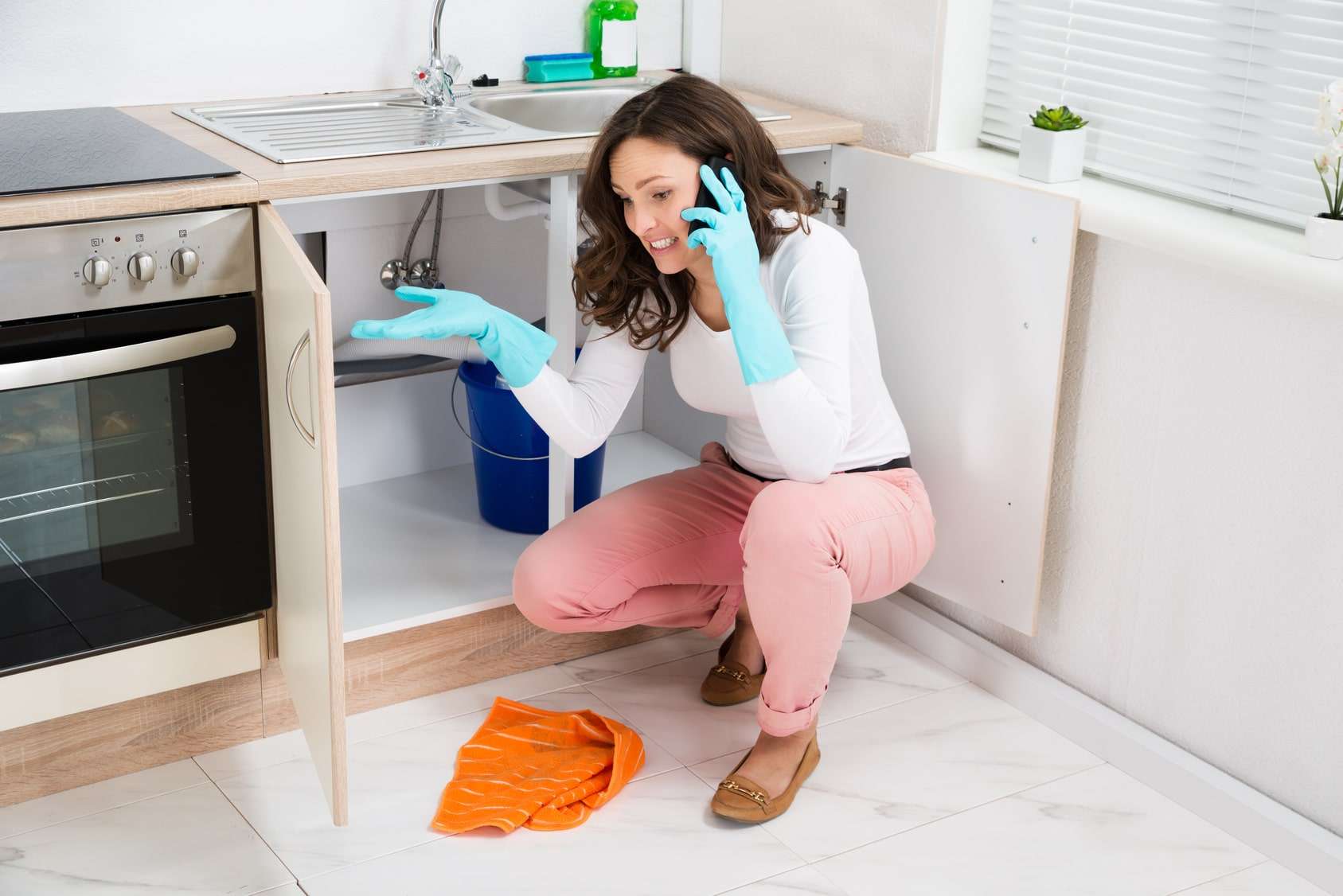Your Home's Common Typical Water Leak Causes: Investigation
Your Home's Common Typical Water Leak Causes: Investigation
Blog Article
Listed here in the next paragraph you will find a lot of quality material relating to How to Find Water Leaks.

Leakages not only trigger waste of water but can likewise create unnecessary damages to your residence as well as promote undesirable natural growth. By recognizing and looking for everyday circumstances that create leakages, you can safeguard your house from future leakages and also unnecessary damage.
Elbowing in origins
Most water leaks start outside your home as opposed to inside it. If you see a sudden decrease in water pressure, say in your tap, take time to go out and examine your yard. You might notice damp spots or sinkholes in your backyard, which may imply that tree roots are invading water lines causing water to seep out. You can have your plumber look for breach, particularly if you have trees or bushes near your residential property.
Corroded water systems
This could be the reason of staining or bending on your water pipelines. If our plumbing system is old, take into consideration changing the pipelines given that they are at a greater danger of rust than the more recent models.
Faulty Pipe Joints
The point at which your pipes attach is regularly the weakest link in the waterline. Pipe joints can wear away gradually, leading to water leaks. The majority of pipeline joints are not quickly visible. If you have loud pipelines that make ticking or banging sounds, especially when the hot water is activated, your pipeline joints are probably under a lot of stress. It is suggested to have your plumber inspect your system once a year.
Instantaneous temperature adjustments.
Extreme temperature level modifications in our pipes can cause them to broaden and contract unexpectedly. This growth and also tightening might cause cracks in the pipes, especially if the temperature level are below freezing. If you maintained an eye on exactly how your plumbing works, it would certainly be best. The existence of the formerly stated circumstances regularly shows a high danger.
Poor Water Connectors
At times, a leakage can be caused by loosened hoses and also pipelines that provide your appliances. Usually, shifting is what creates the loosened water Links. You might find when it comes to a washing machine, a tube may spring a leak due to trembling throughout the spin cycle. In case of a water links leakage, you might see water running straight from the supply line or pools around your devices.
Obstructed Drains
Obstructed drains pipes might be aggravating and inconveniencing, but they can in some cases end up triggering an overflow causing break pipes. Maintain getting rid of any kind of products that might drop your drains that could block them to prevent such troubles.
All the above are causes of leakages yet not all water leakages arise from plumbing leakages; some leaks may come from roofing system leaks. All leakages need to be fixed quickly to prevent water damage.
Leakages not only trigger waste of water but can additionally trigger unnecessary damages to your residence as well as advertise unwanted natural development. By comprehending and looking for day-to-day circumstances that cause leakages, you can protect your residence from future leaks as well as unneeded damage. Today, we will certainly look at 6 leak creates that may be triggering your pipelines to drip.
At times, a leak can be created by loosened hose pipes as well as pipelines that provide your appliances. In situation of a water links leakage, you may discover water running directly from the supply line or pools around your devices.
How To Check For Water Leak In Your Home
How To Check for Leaks
The average household's leaks can account for nearly 10,000 gallons of water wasted every year and ten percent of homes have leaks that waste 90 gallons or more per day. Common types of leaks found in the home are worn toilet flappers, dripping faucets, and other leaking valves. These types of leaks are often easy to fix, requiring only a few tools and hardware that can pay for themselves in water savings. Fixing easily corrected household water leaks can save homeowners about 10 percent on their water bills.
To check for leaks in your home, you first need to determine whether you're wasting water and then identify the source of the leak. Here are some tips for finding leaks:
Take a look at your water usage during a colder month, such as January or February. If a family of four exceeds 12,000 gallons per month, there are serious leaks.
Check your water meter before and after a two-hour period when no water is being used. If the meter changes at all, you probably have a leak.
Identify toilet leaks by placing a drop of food coloring in the toilet tank. If any color shows up in the bowl after 10 minutes, you have a leak. (Be sure to flush immediately after the experiment to avoid staining the tank.)
Examine faucet gaskets and pipe fittings for any water on the outside of the pipe to check for surface leaks.
Undetected water leaks can happen without the home or business owner even realizing. If you suspect a water leak, but not able to find the source. It is time to contact a professional water leak detection service, The Leak Doctor.
How To Find a Water Leak In Your Home
https://www.leakdoctor.com/blog/How-To-Check-For-Water-Leak-In-Your-Home_AE197.html

I came across that page about Common Water Leaks In House while doing a lookup on the web. Sharing is good. Helping others is fun. Thank you for taking the time to read it.
Emergency plumbing? Choose the best. Report this page